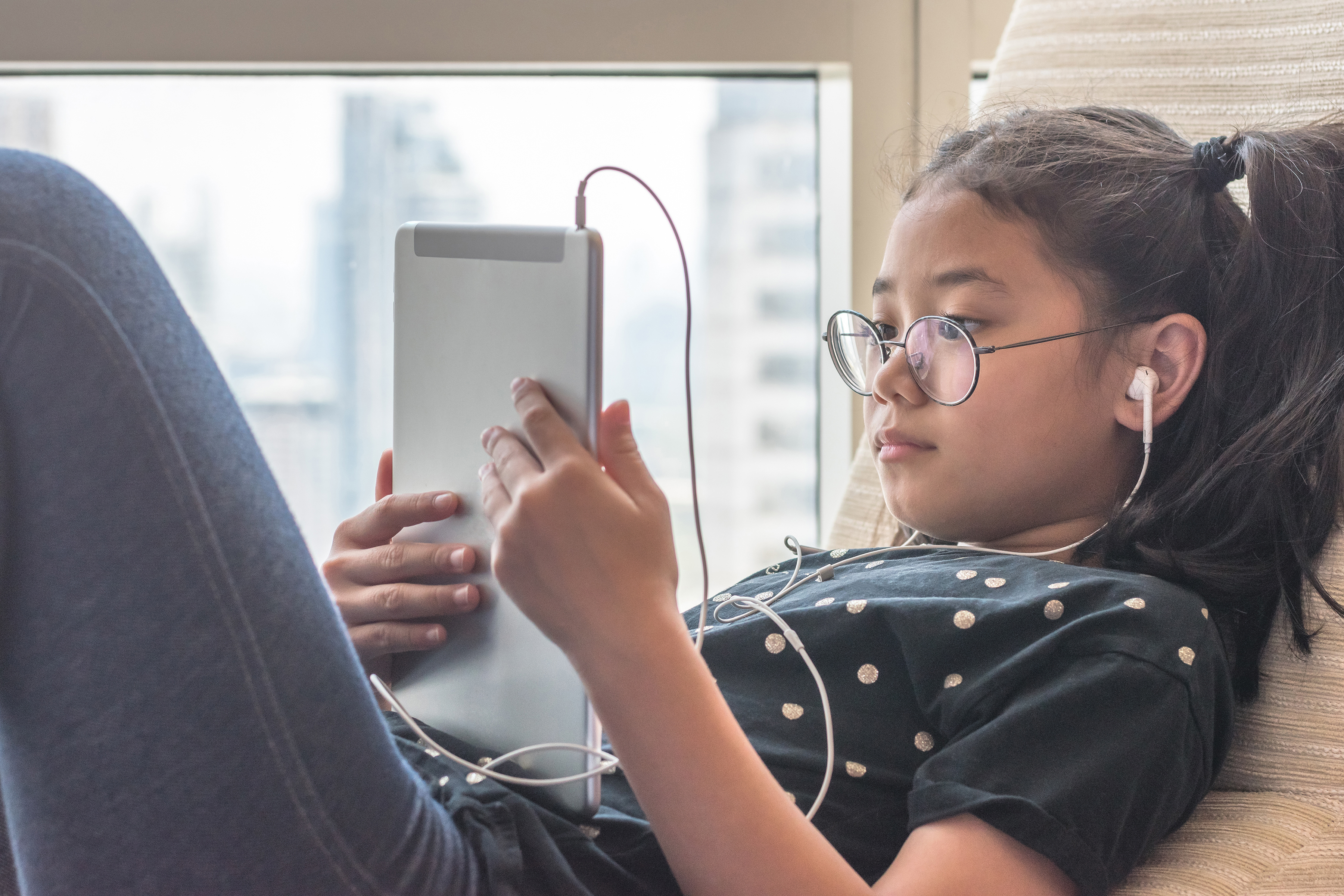Advice secondary menu
What are the signs of online child sexual exploitation?
What you need to know
There is no single sign that a child is a victim of online abuse and it might not always be obvious to you.
Those offending against children are manipulative and might coerce them into keeping their abuse a secret. They may also make them feel ashamed about what has happened or tell them they’ll be in trouble for their actions.
If your child is a victim, they may be reluctant to seek help if they believe they will be in trouble or punished.
If you have a feeling that something is wrong, trust your instincts and seek help immediately.
Advice for parents and carers
What you can do
- Supervise your child’s online activities at all times
- Encourage your child to identify trusted adults who can help.
It’s never too early to start teaching young children about technology and online safety. The early learning resource Playing IT Safe can help you do this.
Playing IT Safe is a free resource developed for prior to school aged children. It’s an introduction to digital technology and online safety education and includes a series of play-based activities that children can undertake in early learning environments with educators, and at home with parents and carers.
You can access Playing IT Safe at http://www.playingitsafe.org.au
What can I do?
- Have age-appropriate conversations about online and personal safety
- Encourage your child to always ask for help if they feel uncomfortable about any situation online
- Avoid taking devices away if your child comes to you with an issue. They may see this as punishment and may not come forward for help, making them more vulnerable to abuse and exploitation.
If you have a feeling that something isn’t right, a good place to start is checking whether your child is using apps or games with direct message or chat functions.
Many apps and games come with instant or direct message which are commonly used by offenders to contact children. You may not always be aware that an app or game your child uses has this feature turned on.
Online child sexual exploitation can be hard to spot and the signs to look out for can be the same as any other issue your child might be having online.
Sometimes children who are being groomed become more secretive about who they are interacting with and how they are using their devices. This might be because they’re being manipulated into keeping a secret.
Alternatively, they may want to spend less time online or have a sudden change in behaviour or attitude with how they use their device.
An open conversation that reassures your child they won’t be in trouble for their actions, can help you find out what’s happening and whether you need to seek help.
What can I do?
- Know how your child typically uses their device so you can spot a change in behaviour
- Maintain an open and honest relationship with your child so they feel comfortable coming to you for help
- Avoid taking devices away if your child comes to you with an issue. They may see this as punishment and may not come forward for help, making them more vulnerable to abuse and exploitation.
If your child is in this age group they may already have social media and use direct messaging features to interact with others either known or unknown to them. If they are older they may begin using technology more independently.
Take notice of how your child typically uses their device. This way you’ll be able to tell if your child has a change in attitude or behaviour.
Sometimes children who are being groomed become more secretive about who they are interacting with, how and where they’re using their devices. Alternatively, they may want to spend less time online.
While these could be signs of online child sexual exploitation, these can also be typical behaviours and emotions young people experience growing up, or any other online issue.
Generally, any shift in mood or behaviour that feels out of character for your child calls for a conversation.
Open and non-judgemental conversations with your child about who they’re interacting with can help you work out if something isn’t right. Reassure your child they can talk to you about anything.
If your child discloses an incident or online child sexual exploitation, regardless of the situation or their actions let them know they have your support, and take immediate action to report to police.




